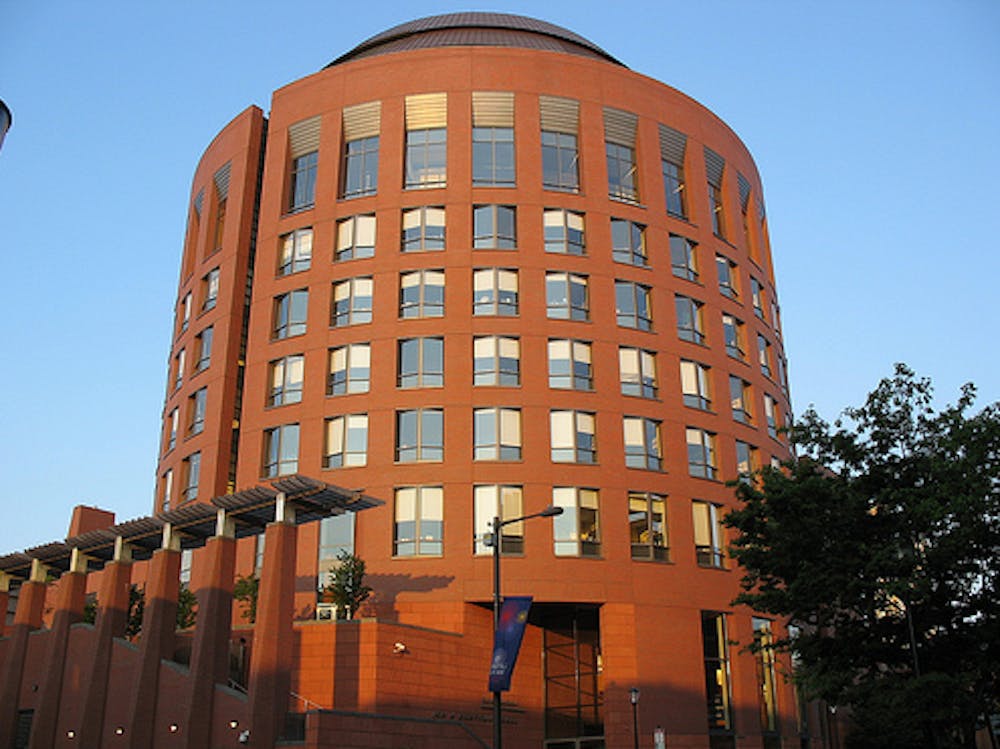Wharton? Elitist? Says Who?


What do dog show entrants and Wharton MBA applicants have in common? Pedigree is crucial for success, at least according to a recent article from Poets & Quants, a social network dedicated to graduate business school education.
In the article Getting Into Wharton: Does College and Work Pedigree Trump Merit?, author John Byrne asserts that admission to Wharton's MBA program is largely a name game in which attending an elite undergraduate institution and working at a big-name financial or consulting firm earns big points, while coming from a less prestigious school or less renowned firm often earns a ticket to rejection.
By analyzing the Facebook profiles of more than 600 of the incoming 845-member Wharton MBA Class of 2013, P&Q showed that a third of students earned their bachelors at Ivy League schools and nearly a third come from a pool of 12 "feeder" firms (where all your friends worked this summer), while public school grads with experience at "no-name" firms are hardly represented. But how much value do these numbers contain, and how much is the author attempting to paint an elitist picture of the admissions committee?
The survey leaves out about 250 students, or almost a third of the class. Additionally, the article fails to shed light on the number of "qualified" applicants from "other" schools who are rejected, or if they are rejected at any higher proportions than applicants from elite institutions and firms. So there's that.
Assume that the data are significant, though, and Wharton does value pedigree to the extent the article implies.